Aging in Rural Communities and Small Towns
A newsletter of the National Advisory Council on Aging examines aging in rural communities and small towns in this guest editorial.
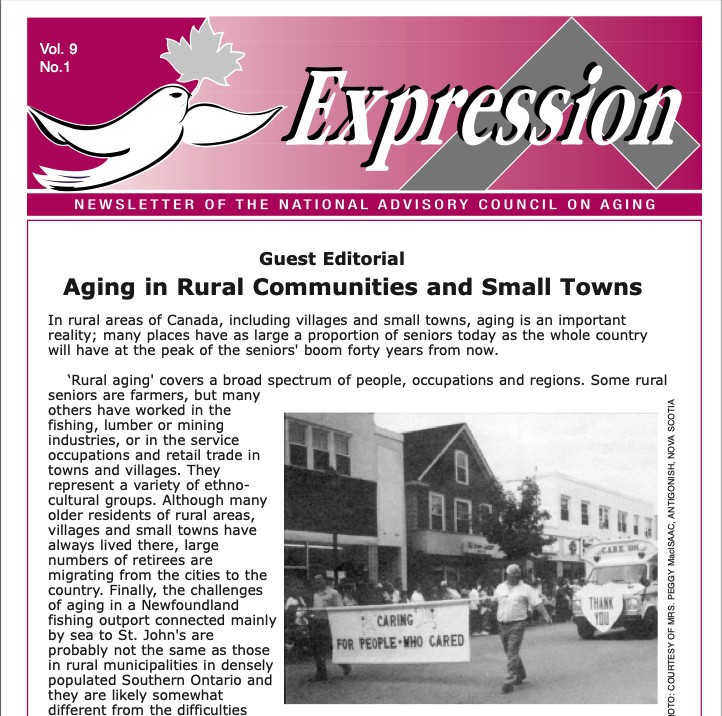
A newsletter of the National Advisory Council on Aging examines aging in rural communities and small towns in this guest editorial.
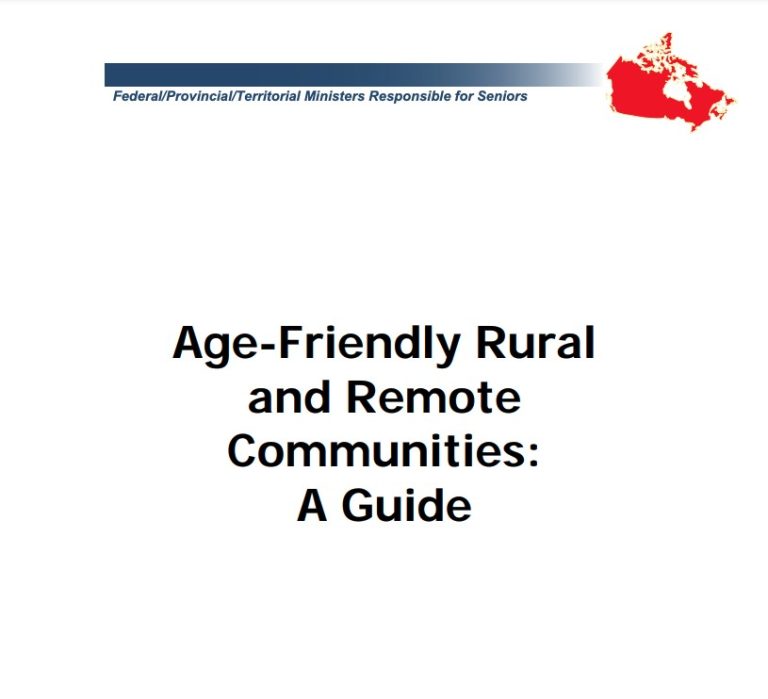
A guide for seniors in rural and remote communities to increase awareness of what seniors need to maintain active, healthy and productive lives within their communities. It was also developed to identify common barriers and to foster dialogue and action that supports the development of age-friendly communities.
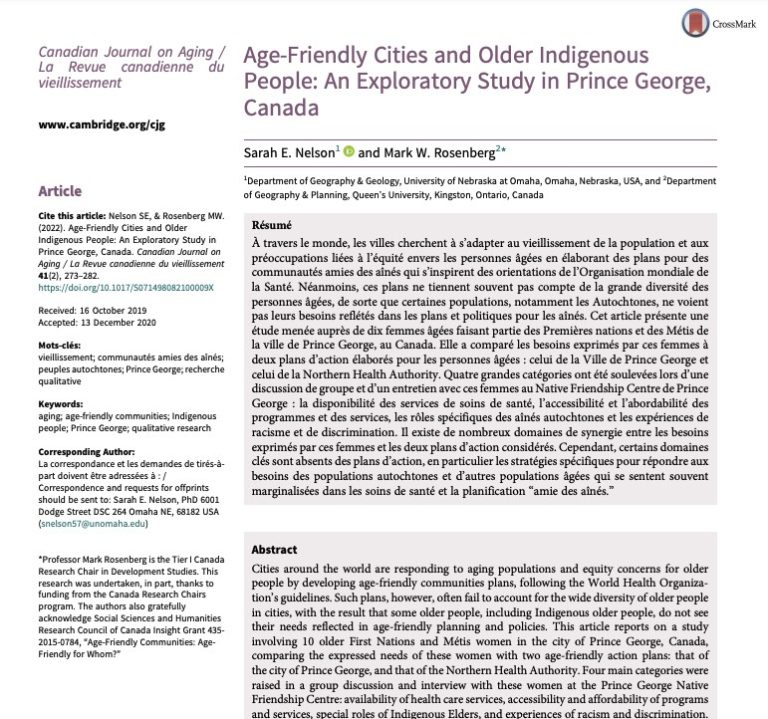
Cities around the world are responding to aging populations and equity concerns for older people by developing age-friendly communities plans, following the World Health Organization’s guidelines. Such plans, however, often fail to account for the wide diversity of older people in cities, with the result that some older people, including Indigenous older people, do not…
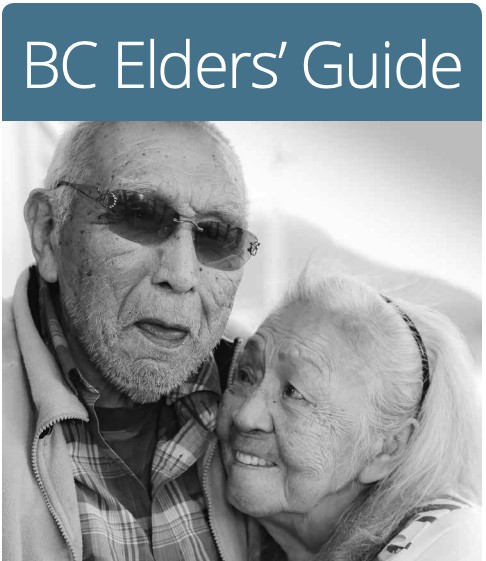
The First Nations Health Authority and Province of B.C. released this BC Elders’ Guide to ensure that Elders, their families and caregivers have access to information about the programs, services and resources they need.
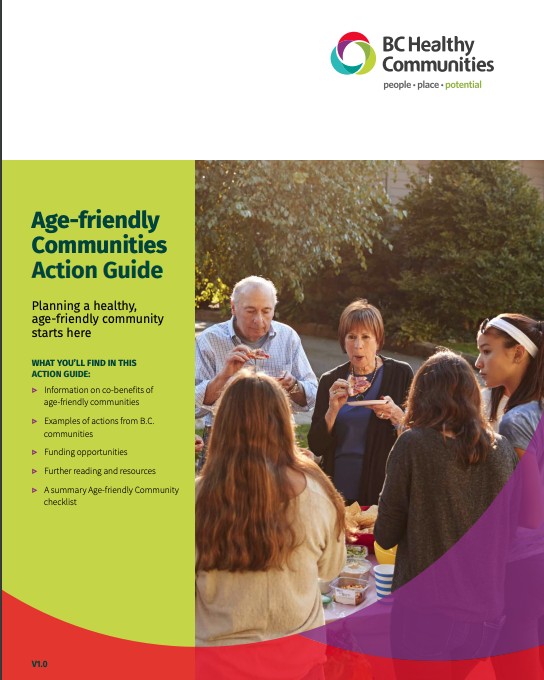
This guide is for local governments of rural and urban communities across British Columbia who want to create active, healthy and thriving places for people of all ages. The number of older adults is growing in communities across B.C., and many want to remain in place—in their homes and communities—as they age. Local governments play…
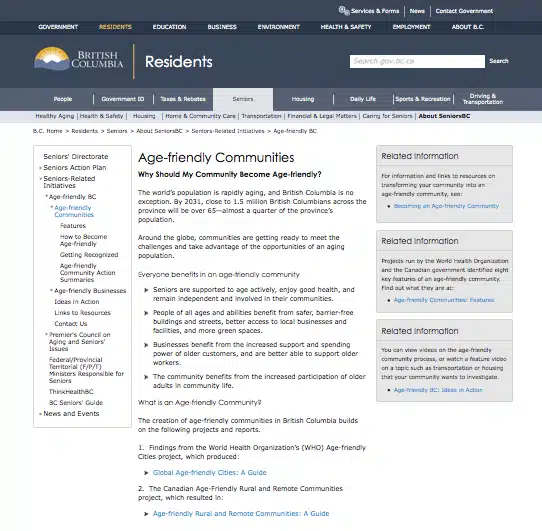
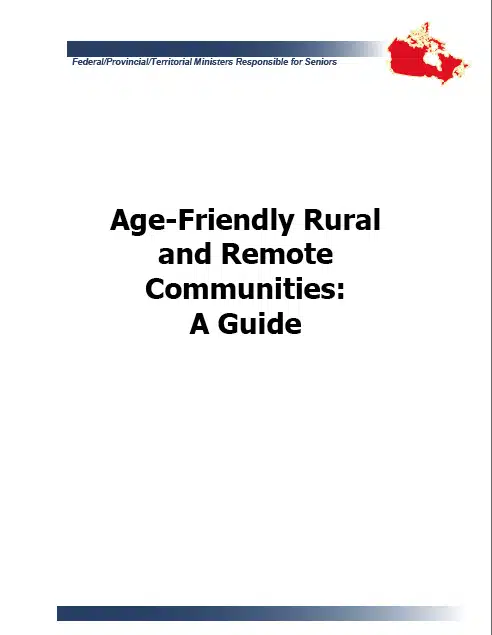
A version of the Global Age-Friendly Cities: A Guide adapted to the considerations of rural and remote communities, developed using input from seniors in ten rural and/or remote communities in Canada, including two in British Columbia (Alert Bay and Lumby).– Federal/Provincial/Territorial Ministers Responsible for Seniors
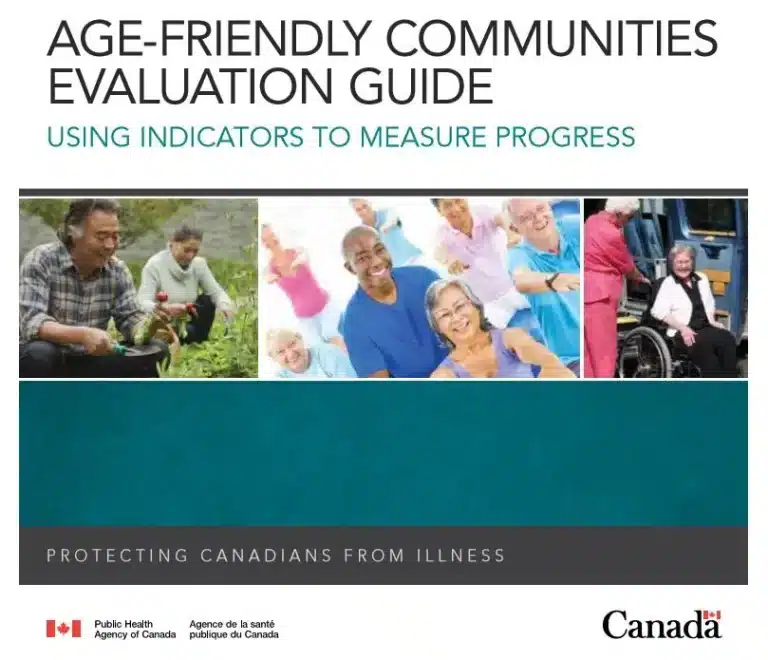
A new publication by the Public Health Agency of Canada is a fantastic tool to help build and evalute age-friendly healthy built environments.
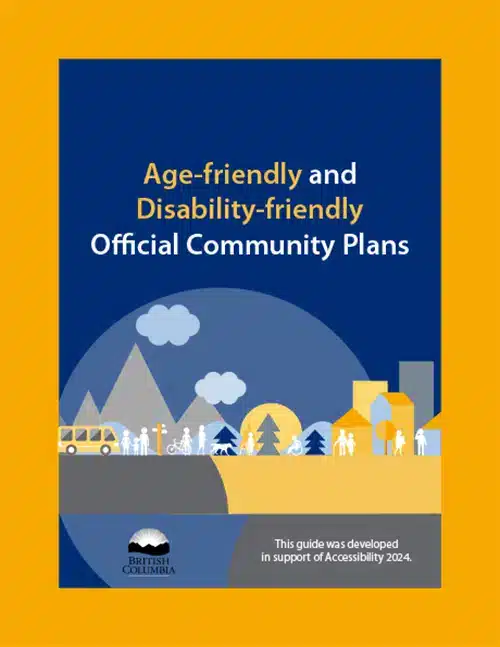
Age-friendly and disability-friendly OCPs can make it easier for seniors and people with disabilities and health and activity limitations (including mobility, visual, hearing and cognitive impairments and mental health challenges) to move around their communities and participate in all aspects of community life – economic, social, recreational and cultural – through improved planning, design, and service provision. The…
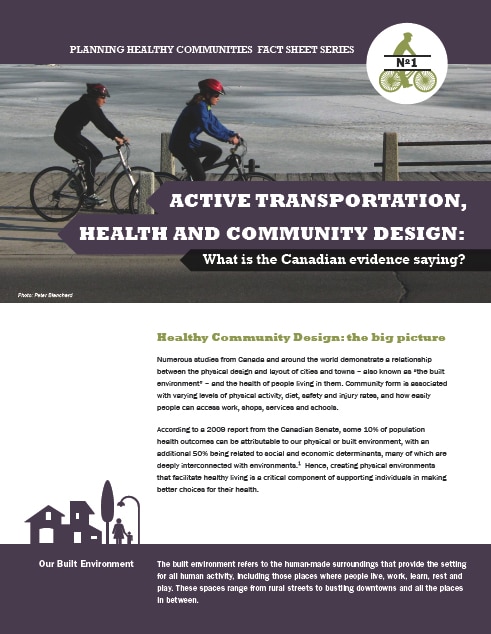
Succinct fact sheet based on a review of recent evidence in Canada.– Canadian Institute of Planners